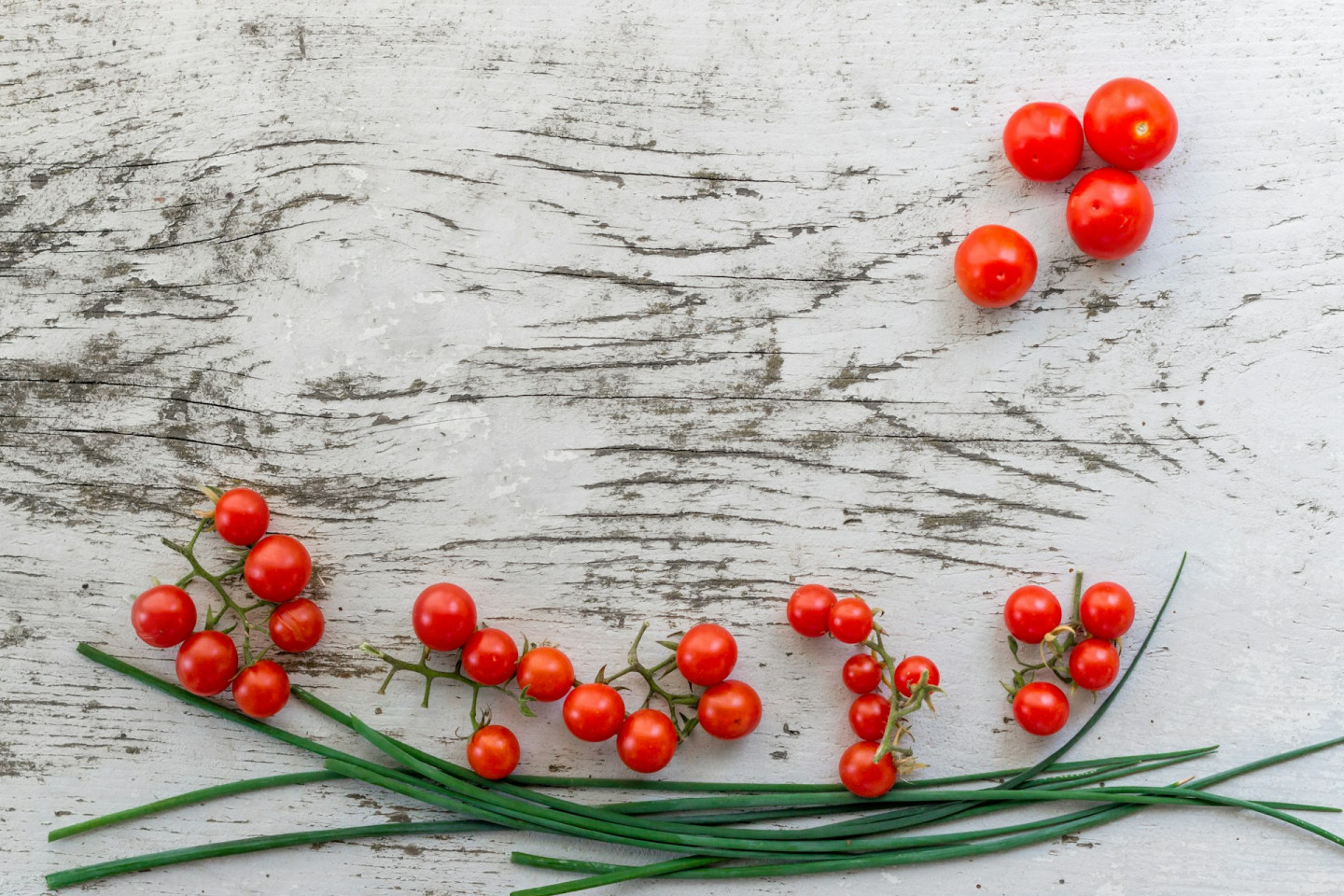
Key takeaways
- During and after cancer treatment, focus on making nutrient-rich, easily digestible foods that cater to their individual needs
- Adapt meals to accommodate changing tastes, side-effects and nutritional requirements
- Prioritise food safety and preparation methods that retain nutrients
- Ask for feedback and remember that it’s not about your cooking, but about what the person you care for can tolerate
As part of your caring role you may choose to prepare meals. Whether they are having treatment or in recovery, the food you make can require some thought and attention to make it suitable to their changing needs. So what should you be taking into consideration? In this article, Perci’s cancer nurse specialists share their answers.
Nutrients
Prioritising nutrient rich foods to create a healthy, balanced diet can help keep someone well during or after treatment. Cancer and its treatment can put strain on the body. A diet rich in fruits, vegetables, lean proteins and whole grains can help support the immune system and provide the energy the body needs on a day-to-day basis.
The aim of a healthy balanced diet is to get the right balance of vitamins and minerals. As a guide, a third of your daily food intake should be fruits and vegetables, another third of your food should be made up of carbohydrates and the remaining third should consist of protein, a smaller amount of dairy products and an even smaller amount of fats. This doesn’t have to be every meal but the daily intake should resemble this.
Side-effects
Side-effects of cancer and its treatments can have an impact on what the person you care for can eat. For example, during treatment they might experience nausea, a sore mouth, taste changes or reduced appetite. Strong flavours or smells may be off-putting, and so cold foods or bland meals might be more appealing. Small, frequent meals might be easier to tolerate than larger plates of food. Keeping a note of what they like or dislike can help you prepare.
If they are struggling with eating solid foods, softer foods like yoghurts, protein shakes or home made smoothies using fruits and vegetables can help them get the nutrients they need.
Maintaining a healthy weight
If someone is struggling to maintain a healthy weight you can adapt their diet to include calorie-dense foods. Healthy options could include nuts, avocado and seeds. Switching to whole grain foods paired with protein sources like tofu, legumes (like beans, chickpeas and lentils) chicken or fish can provide slow-release energy and support for muscle maintenance.
Food safety
Food safety is always important but even more so when someone has cancer or is going through treatment as they could be at a greater risk of infection. Ensure good hand hygiene and wash all fruit and vegetables thoroughly. Ensure all ingredients are fresh and free from dirt or decay. Avoid raw or undercooked foods like sushi or eggs, as these can carry bacteria.
Use gentle cooking methods to protect the nutritional value of foods, such as steaming, poaching or baking. Try to avoid overly spicy or acidic foods that may irritate the digestive system. Always cook to the recommended temperature to avoid the risk of infection. Food thermometers can be very useful.
Welcome feedback
Asking for feedback about the meals you prepare will help both of you get the right balance of nutrition and enjoyment. Remember that any negative feedback is not a criticism of your cooking but rather feedback on what your loved one can tolerate during their treatment.
While we have ensured that every article is medically reviewed and approved, information presented here is not intended to be a substitute for professional medical advice, diagnosis, or treatment. If you have any questions or concerns, please talk to one of our healthcare professionals or your primary healthcare team.